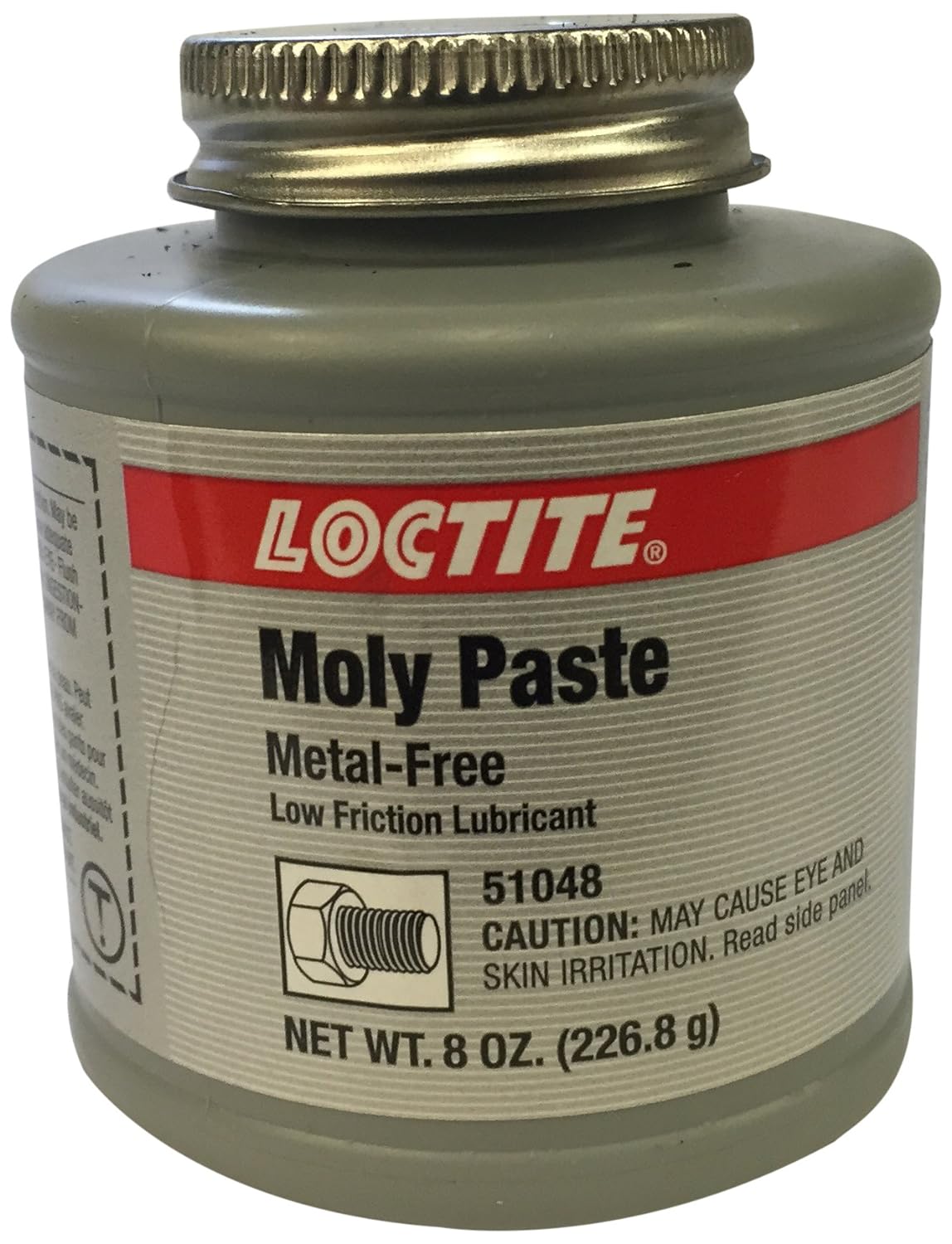@Andrew Shadow 's post of the data sheet for PST-77 - the stuff in the white M-77 tube from Honda / PolySi - shows that they claim that their PST-77 is comparable to Dow Cornings Molykote M-77.
So it would seem that >40% MoS2 and a consistency of NLGI 2 are not the only criteria to be used.
In looking in to this there seems to be more than enough confusion and suspicion surrounding whether M77 is a suitable replacement for Moly 60 for drive splines. It would seem that this change would merit clear instructions from Honda. No where could I find such a document. Honda dealers do not have any technical bulletin supporting the change. I contacted Honda Canada directly and they could not (or would not) provide any supporting documentation for this change. It was changed in their parts data base so there is an authorization document somewhere that supports and allows the change.
What really irritates me the most about this entire saga is the lack of desire on the behalf of Honda to provide a concrete and reasonable answer to their customers. I personally asked Honda Canada about this and got nothing of any real substance other than M77 replaces Moly 60. When I asked if that is the case for all applications where Moly 60 was called for, such as the drive splines specifically, they would not reply directly to that question and would only say that M77 replaces Moly 60. Other than that one rather trivial
Shop Talk issue I posted which casually references M77 as being the replacement for Moly 60, they claim that they have no further documentation supporting the change from Moly 60 to M77 for drive splines.
I saw the same posted from other people on other forums over and over so a lot of people have been asking Honda about this around the world.
I find this laughable. Changing chemicals such as the drive spline lubricant can have disastrous consequences if the replacement product is not up to the task of the environment the splines operate in. A company as large as Honda does not make such a change on a whim without some level of study. That change is not going to be made without someone having looked in to it and having issued paperwork that authorizes making the change. All of the service manuals where Moly 60 was called for will have had to be revised. Changes like that are not being done without some one's approval.
Either Honda thinks that M77 is suitable for drive splines or they don't. They don't seem to be willing to commit to either answer when I asked them. Either way they have issued something somewhere supporting making this change. Merely making a change in a parts data base is not in and of itself a technical justification for that change.
Could they not simply pass this information on to their customers?
Could they not simply pass this information on to their own dealer network at least?
At the time that this change was made issuing a technical bulletin advising that M77 is suitable in all application where Moly 60 was previously called for, or one that stipulates what applications it is and is not suitable for would have avoided a lot of confusion and irritated customers. Certainly doing so after they had received so many requests about it would have been good customer service.




